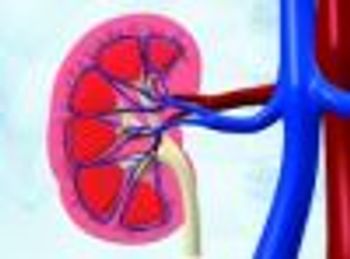
Patients with stage 3 kidney disease cured of hepatitis C virus experienced an improvement in kidney function following treatment.

Patients with stage 3 kidney disease cured of hepatitis C virus experienced an improvement in kidney function following treatment.
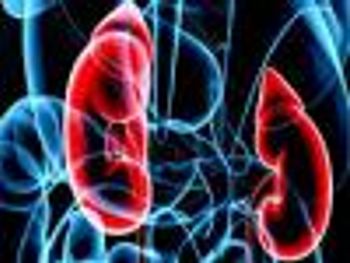
Sofosbuvir may help improve the kidney function of some patients with hepatitis C virus.
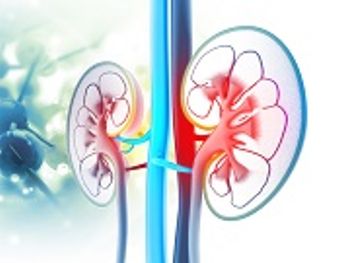
Results from the EMPA-REG OUTCOME trial suggests empagliflozin (Jardiance) has potential in the treatment of chronic kidney disease.

Epoetin alfa biosimilar has indications in cancer, HIV, and chronic kidney disease, among other conditions.

This is the first recommendation for a proposed erythropoiesis-stimulating agent biosimilar.

Top news of the day from across the health care landscape.
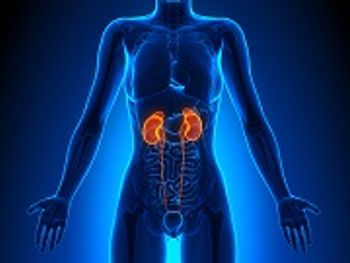
More than half of patients taking proton pump inhibitors experienced sudden onset of chronic kidney disease.
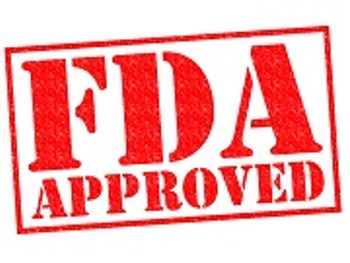
Parsabiv is the first hyperparathyroidism drug to be approved in more than 10 years.
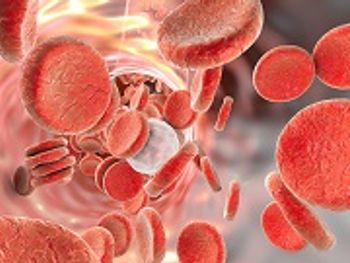
Oral ferric citrate may affectively raise hemoglobin levels in patients with anemia.
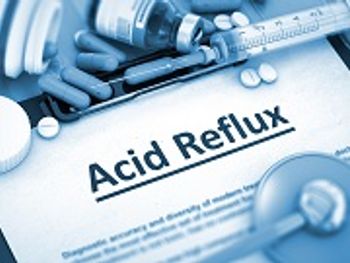
Proton pump inhibitors and histamine receptor-2 blockers have damaging effects on the kidneys.
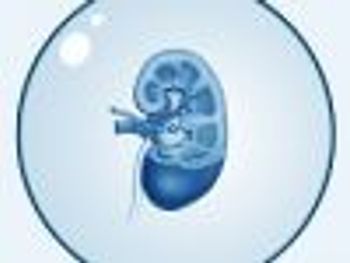
Pharmacokinetics of anticoagulant tecarfarin not compromised by renal function as seen with warfarin.

Pharmacokinetics of tecarfarin were not compromised by renal function like it was with warfarin.
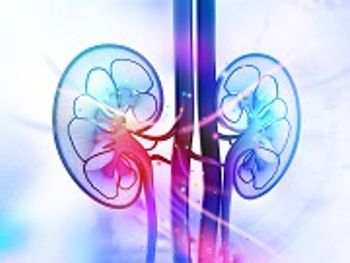
Although it was previously found that kidney disease can cause diabetes, the diseases also have an inverse relationship.

Increased genetic knowledge about non-whites could lead to improved knowledge and treatments.

It's important to take renal function into consideration when dosing renally-eliminated medications.

Patients with chronic kidney disease who had negative thoughts and feelings had worse outcomes.
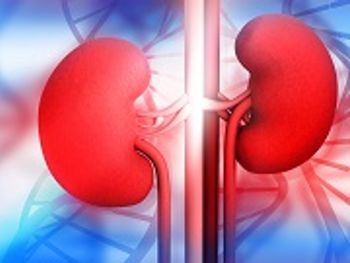
Alternative sources of protein such as soy and legumes could protect against kidney failure.

A build-up of a metabolite found in urine could contribute to health problems faced by patients with kidney disease.
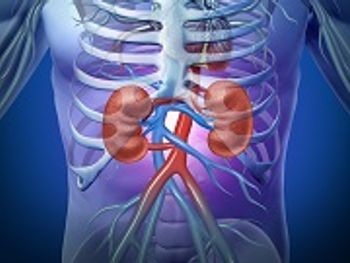
A build-up of a metabolite found in urine could contribute to health problems faced by patients with kidney disease.
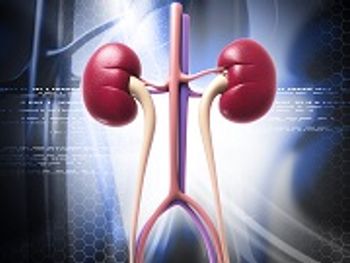
Calcifediol (Rayaldee) extended-release tablets apprvoed for secondary hyperparathyroidism in adults with stage 3 or 4 chronic kidney disease.
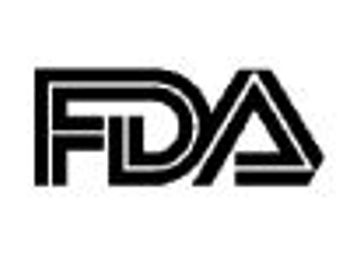
Secondary hyperparathyroidism can lead to significant clinical consequences.

Within 48 hours of taking the drug, many patients saw decreased potassium levels.

Lithium remains a treatment of choice for bipolar disorder, as it is very effective in stabilizing mood and reducing suicide risk. However, its use is associated with adverse renal and thyroid effects.

Study finds chronic hepatitis C has a limited impact on mortality unless the patient has other severe comorbidities.

Although most pharmacies carry a line of natural products, patients often turn to the Internet to find information on those supplements and purchase them.